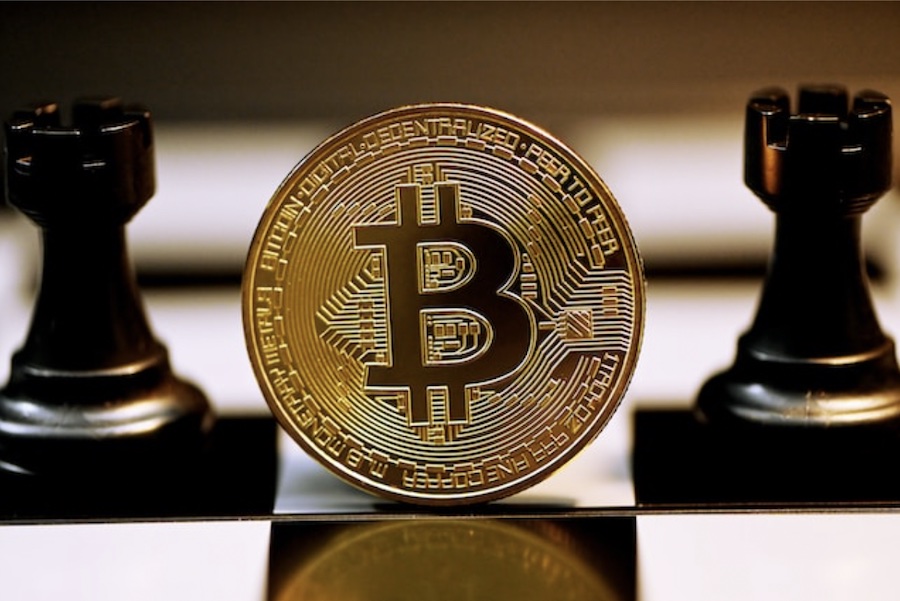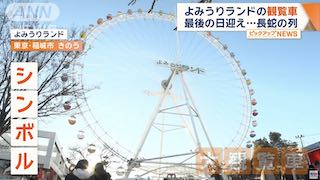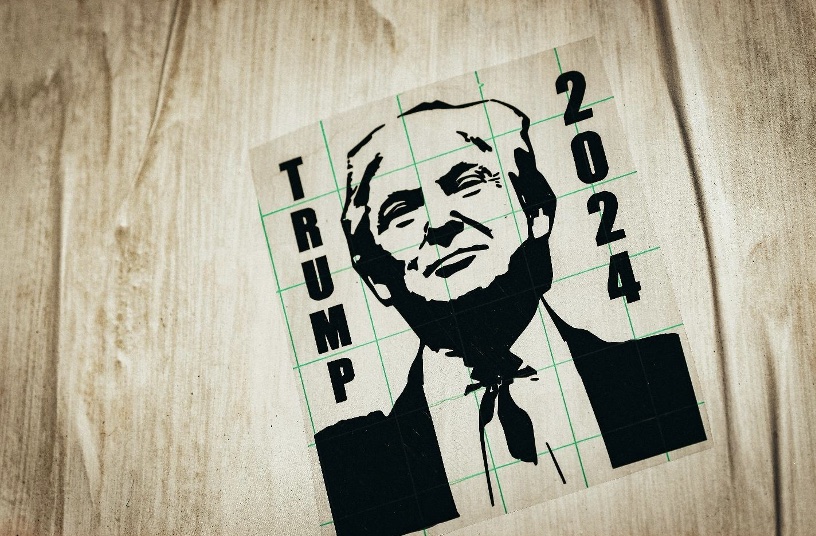Aug 13 (News On Japan) - The advent of Digital currency has been a pivotal moment in the history of financial technology, marking the dawn of a new era—the Internet of Value.

Digital currency, often described as digital gold, has not only transformed our perception of money but also paved the way for the evolution of a decentralized financial system. This blog delves into Digital currency's critical role in shaping the Internet of Value, exploring its impacts, implications, and the future it heralds.
The Genesis of Digital currency and Its Revolutionary Impact
Digital currency was introduced in 2009 by an anonymous entity known as Satoshi Nakamoto. It was conceived as a peer-to-peer electronic cash system that operates without a central authority. This was revolutionary, as it addressed several inherent issues in the traditional financial system, such as double-spending and the need for intermediaries. Digital currency's decentralized nature is facilitated by blockchain technology, which ensures transparency, security, and immutability of transactions.
The Emergence of Digital currency
The concept of Digital currency, epitomized by Digital currency, represents a significant shift from traditional fiat currencies. Digital currencies are digital or virtual currencies that use Digital graphy for security. This novel form of currency has introduced new paradigms in how we perceive and handle money, fostering a global ecosystem where value can be transferred seamlessly and securely across borders. You can also explore Bitcoin Synergy Official for further information.
Digital currency and the Decentralization of Value
Blockchain: The Backbone of the Internet of Value
At the heart of Digital currency's innovation is blockchain technology. A blockchain is a distributed ledger that records all transactions across a network of computers. This decentralized structure eliminates the need for a central authority, making it resistant to censorship and fraud.
Blockchain's potential extends far beyond Digital currency. It can be used to tokenize assets, represent ownership, and facilitate smart contracts—self-executing agreements with the terms directly written into code. These capabilities are fundamental to the Internet of Value, where assets and contractual agreements are digitally managed and exchanged with unprecedented efficiency.
Security and Trust in a Decentralized System
One of Digital currency's most significant contributions to the Internet of Value is its approach to security and trust. Traditional financial systems rely on intermediaries to mediate transactions and ensure trust. Digital currency, however, leverages Digital graphic techniques and a consensus mechanism known as Proof of Work (PoW) to secure the network.
Digital Currency's Influence on Global Finance
Financial Inclusion and Empowerment
Digital currency has the potential to foster financial inclusion by providing access to financial services for the unbanked and underbanked populations. In regions where traditional banking infrastructure is lacking, Digital currency offers an alternative means of saving, transferring, and investing money. All that is needed is an internet connection and a digital wallet.
Redefining Cross-Border Transactions
International remittances are a lifeline for many developing countries. However, traditional remittance services are often slow and expensive. Digital currency offers a solution by enabling fast, low-cost cross-border transactions. This capability not only benefits individuals sending money to family members abroad but also businesses engaging in international trade.
The Future of Digital currency in the Internet of Value
Integration with Traditional Financial Systems
While Digital currency was initially conceived as an alternative to traditional finance, its integration with mainstream financial systems is inevitable. Financial institutions and governments are beginning to recognize the benefits of blockchain technology and are exploring ways to incorporate it into existing frameworks.
Regulatory Challenges and Opportunities
As Digital currency continues to grow in prominence, it faces regulatory challenges. Governments around the world are grappling with how to regulate Digital currencies to protect consumers and prevent illicit activities while fostering innovation. Clear and balanced regulatory frameworks are essential for Digital currency's integration into the broader financial ecosystem.
Digital currency's Broader Implications for Society
Redefining Trust and Governance
Digital currency's decentralized nature challenges traditional notions of trust and governance. It demonstrates that it is possible to create a secure and reliable system without central authorities. This has implications beyond finance, potentially transforming how we approach governance, identity management, and data security.
Environmental Considerations
One of the criticisms of Digital currency is its environmental impact due to the energy-intensive PoW mining process. However, this has also spurred innovation in the energy sector, with efforts to use renewable energy sources for mining and to develop more energy-efficient consensus mechanisms.
The environmental debate highlights the need for sustainable practices in the Internet of Value, ensuring that technological advancements do not come at the expense of the planet.
Conclusion
Digital currency's role in the evolution of the Internet of Value is profound and multifaceted. It has introduced groundbreaking concepts in digital money, security, and decentralization, paving the way for a future where value can be transferred as seamlessly as information. As Digital currency continues to integrate with traditional financial systems and navigate regulatory landscapes, its impact on global finance and society will only grow. The journey of Digital currency is not just about a new form of currency; it is about redefining the very foundations of our financial and digital landscapes.















